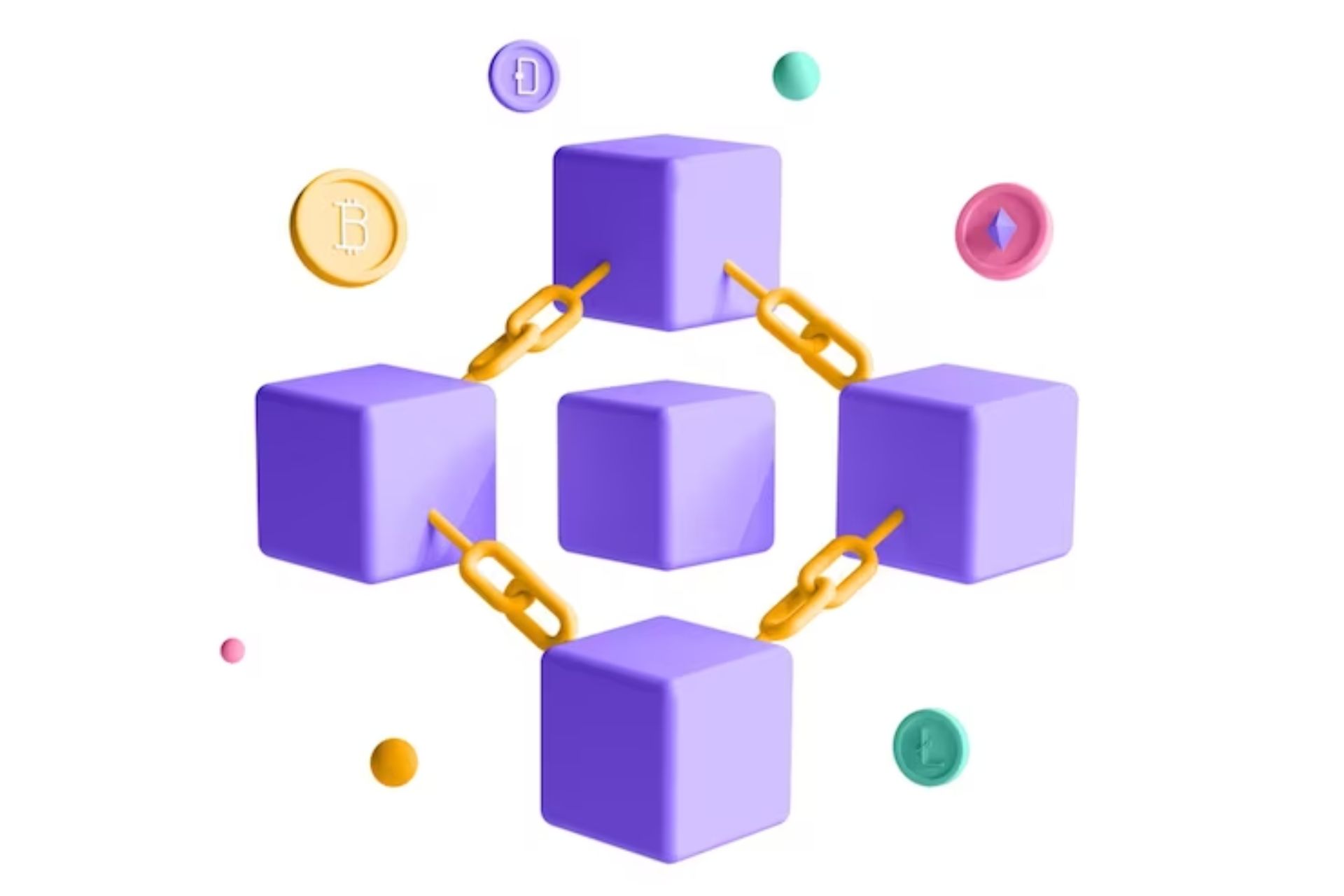Blockchain technology is at the vanguard of this technological transformation, which is happening at a rate never seen before. The need for qualified blockchain developers is growing as 2024 draws near; therefore, now is the perfect moment to start your path to becoming a talented blockchain developer. We will lay out a thorough road map in this blog post to walk prospective developers through the necessary stages to become proficient in blockchain programming by 2024.
What is a blockchain?
A blockchain is a distributed, decentralized digital ledger that is used to safely and openly record transactions across numerous computers. The technology offers a trustworthy and impenetrable record of transactions by being resistant to data manipulation.
What Is the Work of a Blockchain Developer?
An expert software engineer who creates, develops, and manages blockchain-based applications is known as a blockchain developer. These experts are in charge of developing secure, decentralized systems that make use of distributed ledger technology and cryptography concepts. Creating decentralized apps (DApps) that interface with blockchain networks and creating smart contracts, which are self-executing contracts with code-based terms, are important responsibilities. Blockchain developers frequently use a variety of programming languages, including Python and JavaScript for DApp development and Solidity for creating smart contracts. They are essential to maintaining the operation, security, and integrity of blockchain-based systems and to the blockchain development of transparent, decentralized digital ecosystems that span numerous industries.
Recognize the Fundamentals
It’s important to understand the basic ideas behind blockchain development before delving into the specifics. First, make sure you grasp the fundamentals of blockchain technology, including how it operates on a decentralized level and the cryptography concepts that support it. A solid foundation may be established with the use of resources like tutorials, online courses, and blockchain documentation.
Learn Programming Languages
For any developer, being proficient in multiple programming languages is essential. Languages like Solidity, JavaScript, Python, and Go are very important in the field of blockchain. Specifically, Solidity is necessary for the implementation of smart contracts on Ethereum-based platforms. Examine these languages using official documentation, coding boot camps, or online classes.
Investigate Blockchain Frameworks and Platforms
Learn about well-known blockchain frameworks and systems, like Hyperledger, Ethereum, Binance Smart Chain, and Polkadot. You can expand your knowledge of blockchain programming by acquiring practical experience with several platforms, as each one has its own distinct features and use cases.
Get Started with Developing Smart Contracts
Self-executing contracts, or smart contracts, have the conditions of the contract explicitly encoded into the code. Discover how to create smart contracts using Ethereum-based systems, where Solidity is the preferred programming language. Discover the deployment, execution, and lifespan of a smart contract, as well as practical applications.
Learn how to use decentralized apps (DApps)
One of the most important competencies for blockchain developers is creating decentralized apps. Investigate DApp development frameworks such as Truffle and take on projects that entail integrating smart contracts, developing user-friendly interfaces, and communicating with the blockchain.
Recognize Security and Consensus Mechanisms
Strong consensus processes are essential to the security of blockchain. Explore the many consensus algorithms, including Delegated Proof of Stake (DPoS), Proof of Work (PoW), and Proof of Stake (PoS). Furthermore, pay attention to security best practices to protect blockchain applications from attacks and vulnerabilities.
Keep abreast of market developments
The blockchain industry is dynamic, with new ideas and improvements coming out on a regular basis. Keep up with developments, trends, and emerging technology in the industry. To network with other developers and specialists, take part in forums, attend conferences, and join blockchain groups.
Create a Powerful Portfolio
Create a portfolio that highlights your DApps, smart contracts, and projects. Companies frequently look for developers with real-world experience, and in the competitive job market, having a well-curated portfolio can help you stand out. To improve your abilities, work with other developers on open-source projects and contribute to them.
Cooperation and Networking
Make connections with blockchain industry experts via social media, online discussion boards, and regional gatherings. Networking can lead to joint ventures, mentoring, and opportunities. Participate in conversations, impart your knowledge, and absorb other people’s experiences.
Ongoing Education
Since blockchain technology is always changing, adopt a mindset that values lifelong learning. As new tools, languages, and protocols appear, investigate them. To keep ahead of the constantly evolving field of blockchain development, think about obtaining additional certifications or specializations.
In conclusion
In 2024, becoming a blockchain developer will demand commitment, a love of innovation, and ongoing education. You may successfully negotiate the complexities of blockchain web development and establish yourself as a valued asset in the quickly developing field of decentralized technology by adhering to this thorough path. As you set out on this adventure, keep in mind that your best friends in mastering the blockchain ecosystem will be flexible and have a proactive attitude toward learning.

